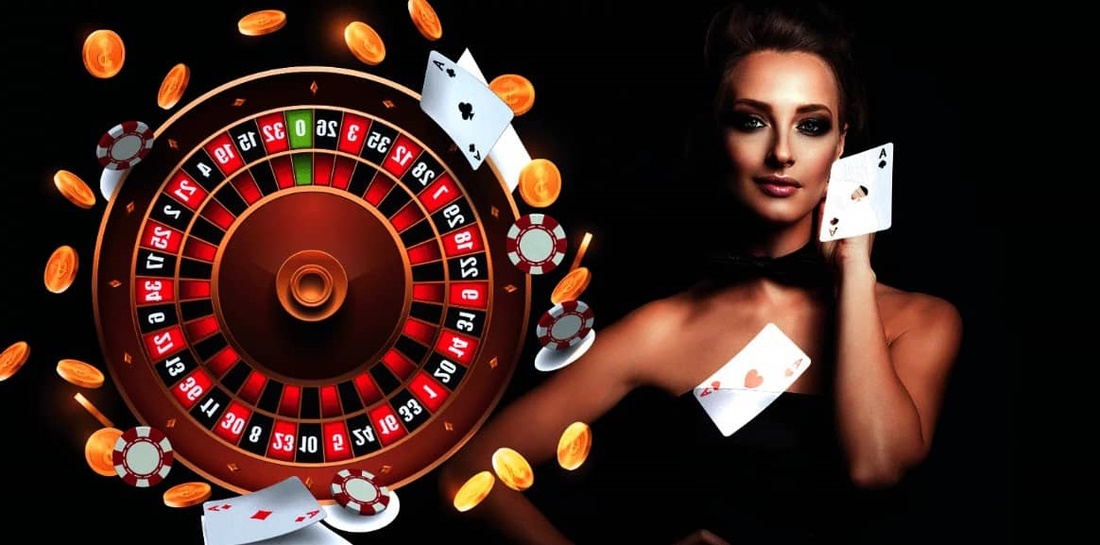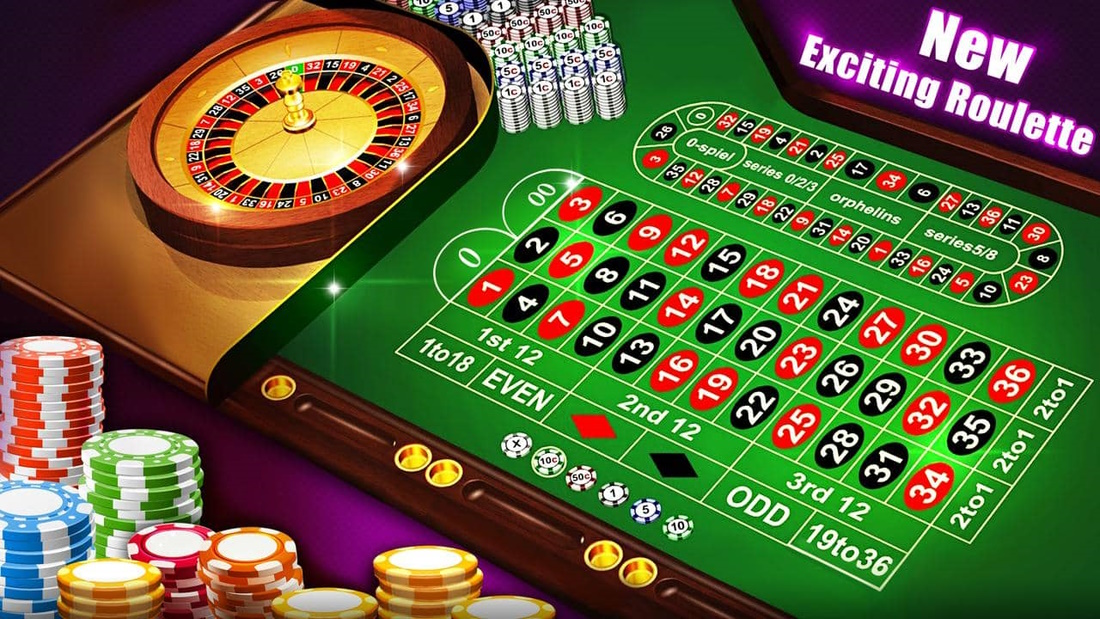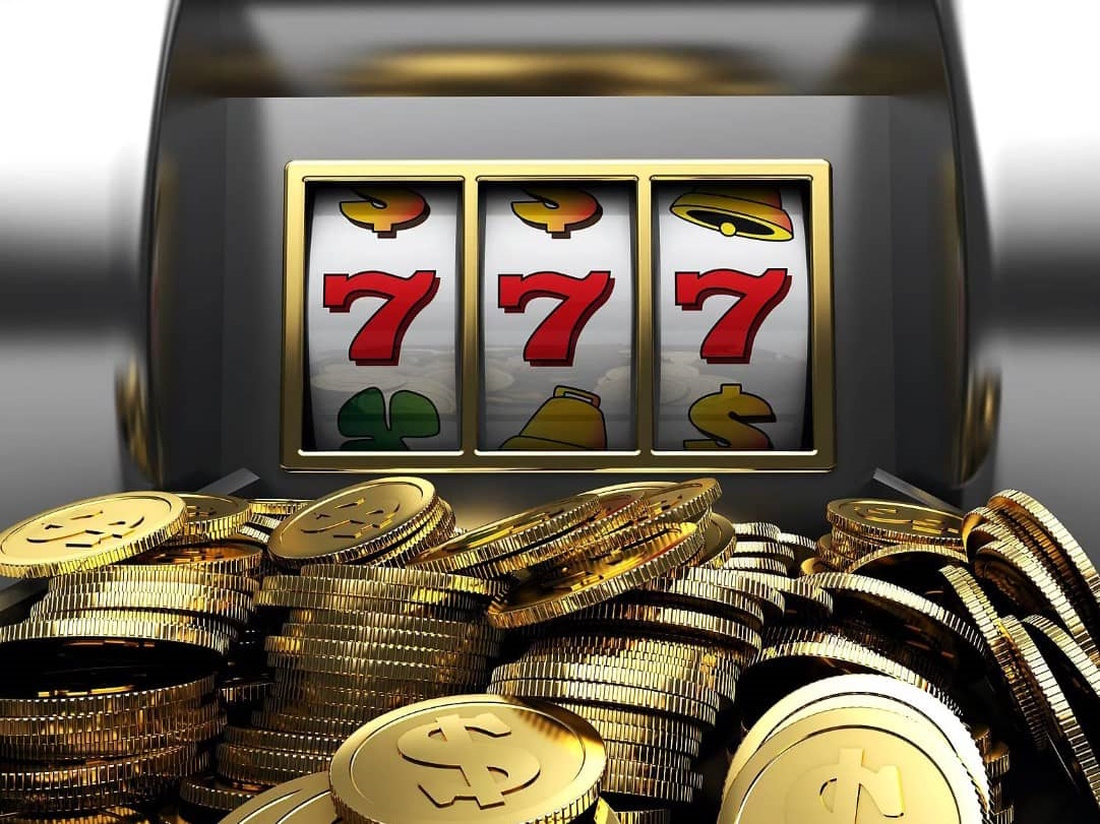Are you starting to feel frustrated by the games at the casino? Do you wonder if the odds are ever in your favor? You’re not alone – tons of gamblers ask themselves this question and it’s one of the most popular debates among players. Whether online or visiting a physical casino, many have called into question whether casinos can be rigged and what potential evidence there is to suggest they are. In this blog post, we’ll dig into what rigging entails, review some historical examples where casinos have been accused of cheating their customers out of winnings, and ultimately discuss if today’s modern gaming results can still be impacted by unscrupulous practices.

Are They Really Doing It?
Questions about how casino games are rigged have been around since the development of the industry. Some people believe that casinos rig their games to increase their profits and decrease players’ chances of winning; however, this is not the case. Casinos must abide by stringent set of regulations in order to maintain licensure and credibility with the general public. In other words, casinos must remain fair and honest when gaming rules are concerned. While individual gamers may not be aware of how casinos are actually rigged, there are several strategies employed to make sure games remain impartial. One common method includes employing a Random Number Generator to ensure that each game offered is completely randomized, so there can be no bias towards one side. Casinos also outfit gaming tables with cameras that monitor both dealers and players alike so potential rigging can be identified immediately and punished swiftly. Rigging isn’t a concern for those who play at established casinos – with proper regulation, you can feel safe knowing your game is as fair as possible.

How Are They Making Their Money?
Casinos make a lot of money due to how they are structured and how they are built to favor the house in almost every scenario. It is no surprise that this industry is able to generate such high revenues, as casinos are often rigged, with games like slot machines set at a pay-out ratio that ensures casinos will eventually keep more than it pays out. While many people think that these types of formats are unfair, casinos wouldn’t be so successful if their customers didn’t find them engaging for hours on end, still hoping for life-changing wins. Thus, when considering how casino’s generate their income, it needs to be noted that it’s not only how they are rigged, but how much enjoyment customers still get from the games despite how skewed the odds may be.

Theo and Hold
Casinos make money by understanding how to optimize their “theoretical hold” or how much a game should take away from a customer over time, as casinofactz.com explains. To do this, casinos will rig games to stack the odds in their favor, which means they’ll always win in the long run – the house always wins. Understanding the difference between theo and actual hold is vital to how casinos stay profitable; if there’s too much discrepancy between how much they should win and how much they actually do win overall, it can have incredibly costly consequences for casino establishments. So savvy casinos watch both metrics carefully, making sure that customers are losing just enough money to keep them afloat while maintaining enjoyable play experiences. Casinos’ ability to maximize their theoretical holds while keeping customer losses low is how they remain successful.
Red Flags
Casinos, both online and land-based, remain a major source of entertainment around the world. But how do we know if a casino is operating with fairness?
Red Flags For Brick and Mortar Casinos
The most important consideration is how casinos are rigged. Rigging can manifest in multiple ways, such as tampering with slot machine algorithms or biased shuffling of cards at gambling tables. Ultimately, any perceived “red flags” could be indicative of foul play. Such red flags include how dealers handle the cards in games like blackjack or how patrons appear to be disproportionately winning at certain tables for extended periods of time. Also, check how often payouts are given, how transparent the rules are, if certain slots seem to hit far too often or not enough and how reliable customer service is.
Checking up on a casino’s reputation is another way to assess its integrity before you play – if there are frequent reports from players of suspicious activities, it may be best to avoid it altogether.
Red Flags For Online Casinos
With the exponential growth of online casino gaming, it is important to identify how casinos are rigged and how to detect red flags. Many online casino sites are thought to be rigged in favor of the house or another player – usually due to a lack of adequate security or software integrity. Before playing any online casino game, players should ensure that they thoroughly review customer reviews and check out official licensing information for the website. Additionally, suspiciously high bonuses or cash options immediately set off red flags. In these cases, players should exercise extreme caution as it could possibly signify an illegitimate website attempting to scam unsuspecting players out of their money. While not all rewards provided by casinos are scams, more research is needed before getting involved.
All in all, casino games are set up in a way that gives the house an edge, but this doesn’t mean they are impossible to beat. By understanding how casinos make their money and being aware of common red flags, players can go into their next gambling session feeling more confident and prepared. Share them with us in the comments below! If you are aware of these warning signs, you can help protect yourself from choosing a rigged game or being cheated by an unscrupulous casino.
People also ask (FAQ)
Each casino game is designed with a specific house edge, or hold, in mind. This means that over the long run, the casino will make a profit on each game.
Slot machines aren’t rigged in a way that’s illegal or evil in any way. Casinos make most of their profit from slots, so it simply wouldn’t make sense for them to rig the machines in a way that would cause players to lose more money.
Slot machines are controlled by gaming regulators by the placement of legal requirements for payout percentages. Casinos do not have direct control over who wins or loses.
